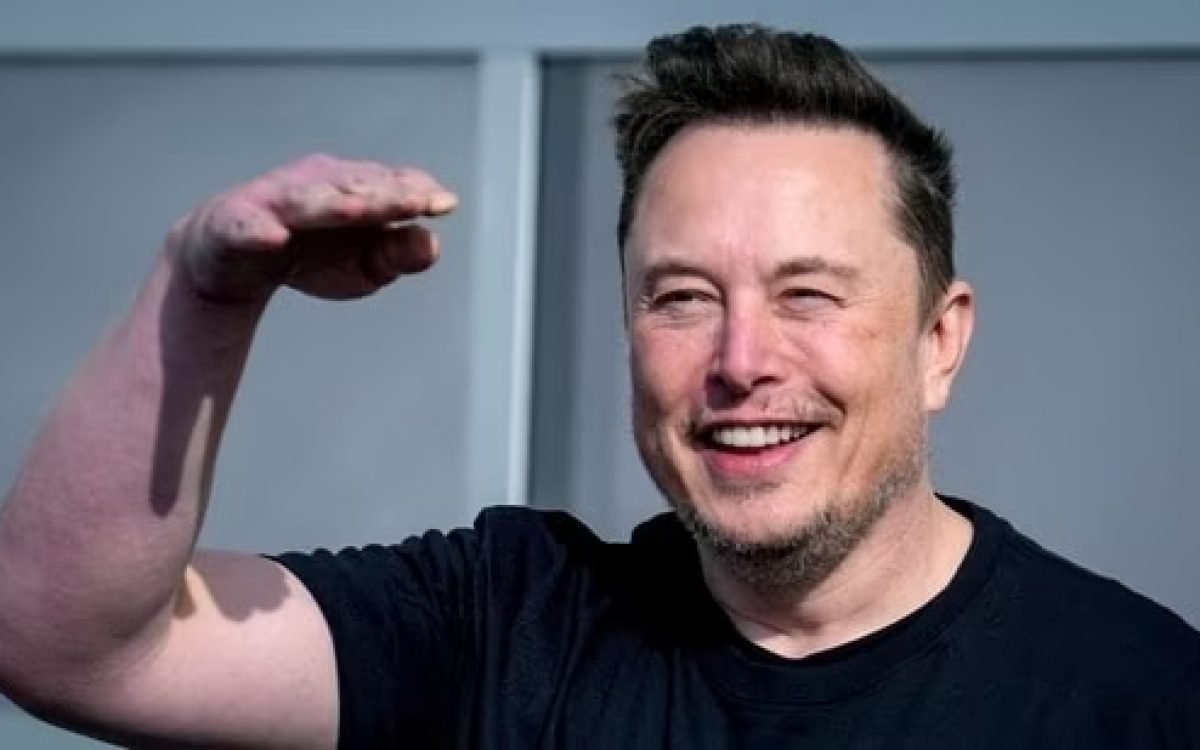Elon Musk, the enigmatic CEO of Tesla Inc. and other ventures, recently stirred controversy with his remarks regarding his use of ketamine. In a candid interview, Musk defended his periodic use of the drug, stating that it helps alleviate periods of low mood and benefits investors in his companies.
Musk revealed that he uses ketamine as prescribed to address what he describes as “chemical tides” that resemble symptoms of depression. While he emphasized the therapeutic benefits he experiences, concerns about the implications of his recreational drug use within his companies surfaced in a Wall Street Journal article earlier this year.
Responding to these concerns, Musk pointed out that he had not failed any drug tests and asserted his right to continue whatever aids his performance. However, ketamine, although prescribed by doctors for pain and depression relief, carries inherent risks, including hallucinations and potential overdose.
Despite its therapeutic applications, ketamine’s sedative effects at higher doses underscore the importance of cautious use, preferably in a medical setting. Musk’s decision to disclose his use of the drug has raised questions about the boundaries between personal health choices and corporate responsibilities.
In the aftermath of the interview, Musk faced criticism from some quarters, including media personality Don Lemon, who discontinued a planned collaboration with Musk’s ventures. Lemon, speaking on the Pivot podcast, highlighted Musk’s displeasure with questions regarding his ketamine use.
In response to Lemon’s comments, Musk expressed his dissatisfaction with the interview approach, likening it to traditional media channels such as CNN but on social media. This exchange highlights the tensions surrounding media coverage of high-profile figures like Musk and the expectations of transparency and accountability.
While Musk’s openness about his ketamine use sheds light on mental health struggles and alternative treatment methods, it also underscores the complexities of navigating public scrutiny and corporate leadership. As the conversation continues, it’s essential to consider the broader implications of Musk’s disclosures and their impact on perceptions of mental health and corporate governance.









